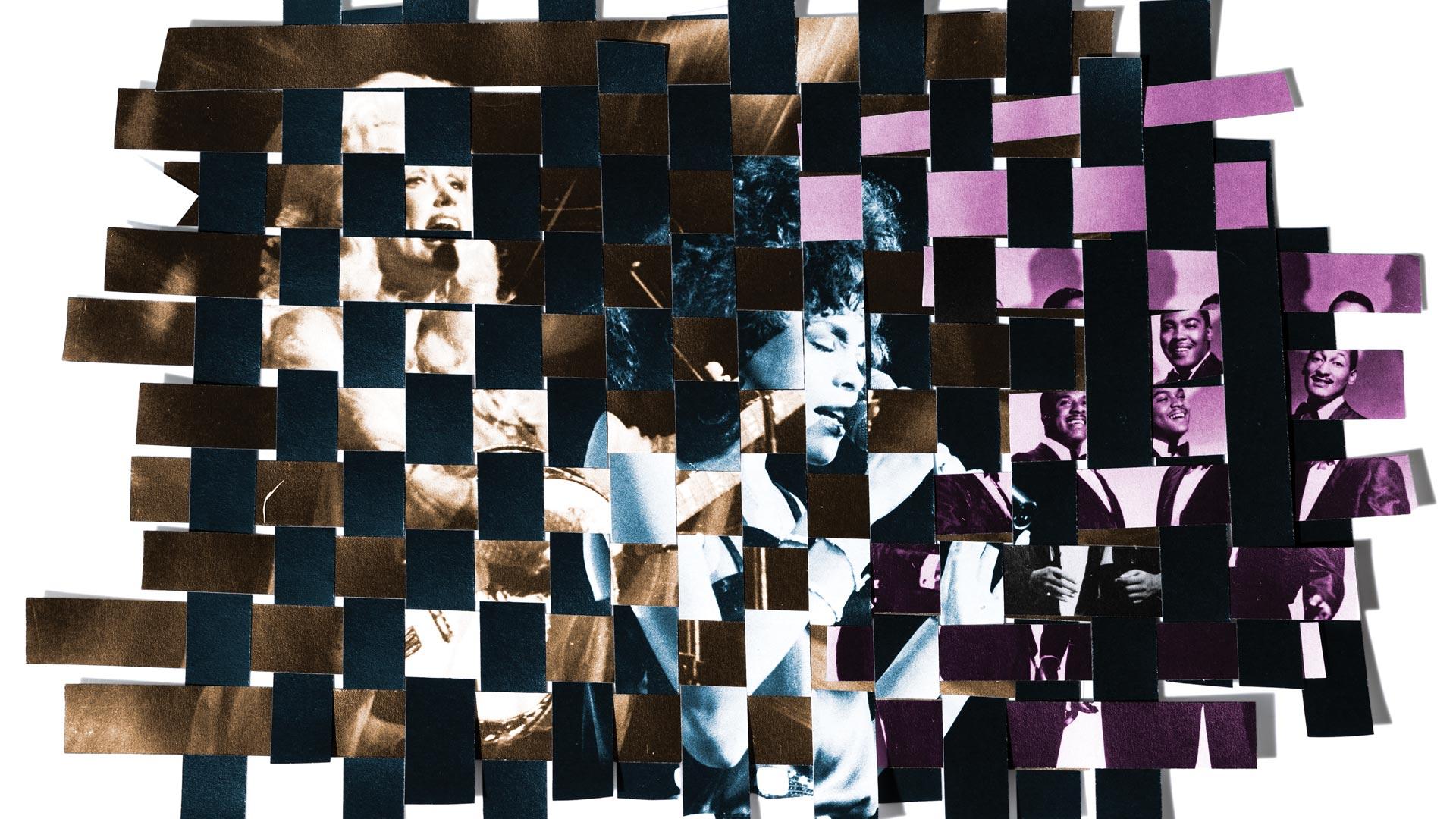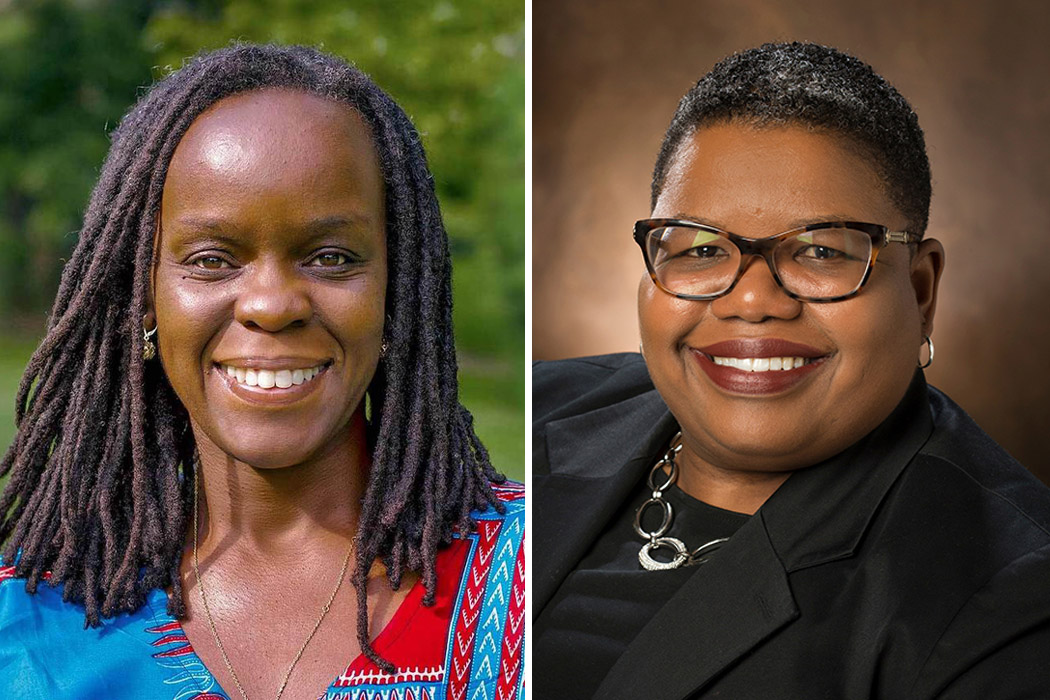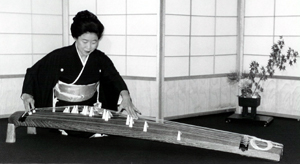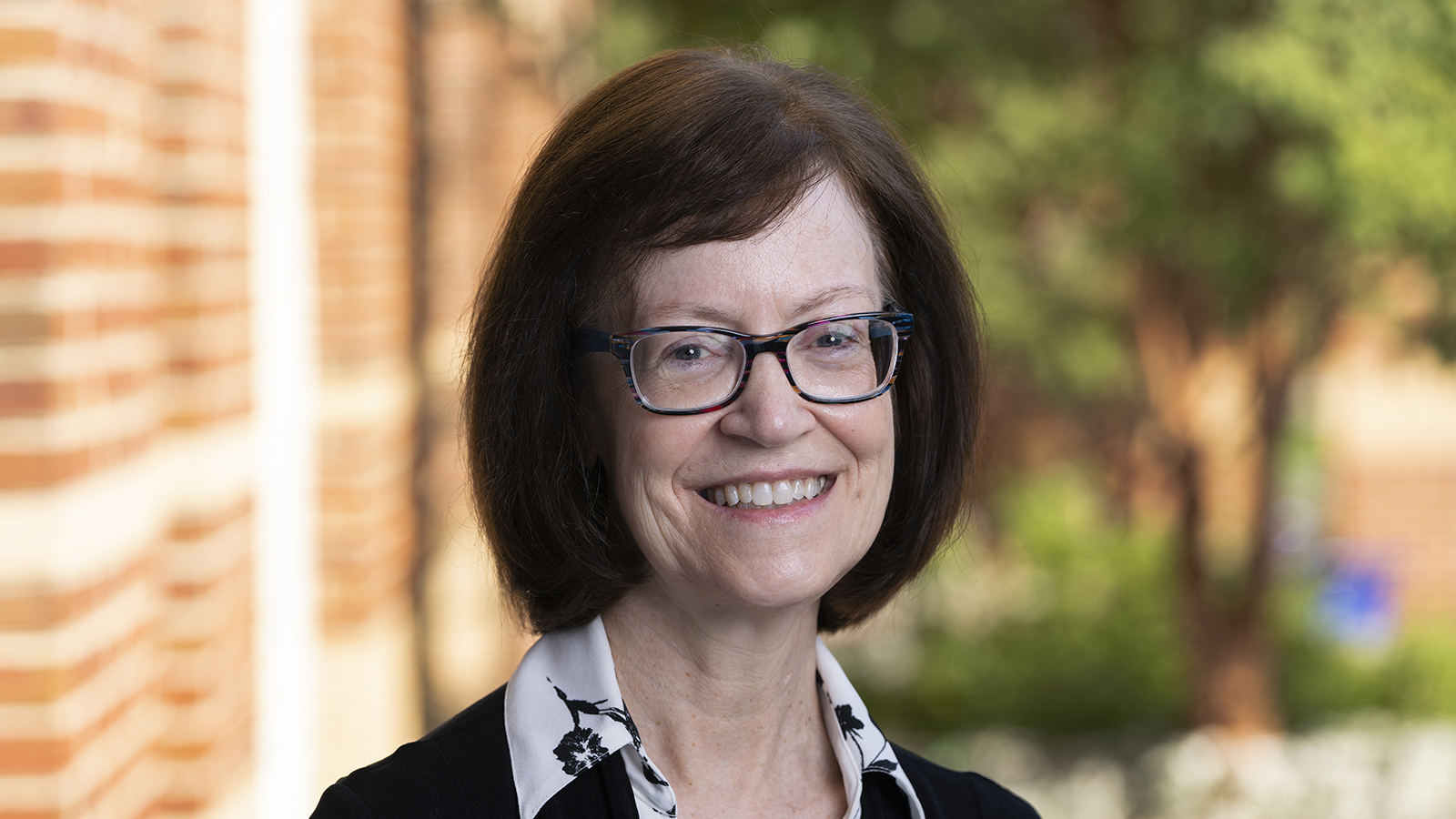By: Ashawnta Jackson
In a recently released interactive project—the Timeline of African American Music—Carnegie Hall, in collaboration with ethnomusicologist Portia K. Maultsby, has charted the histories, traditions, sounds, and communities that have made Black music such a vital part of American culture. Charting movements from Afrofuturism to ragtime, funk to work songs, the project doesn’t just represent the history of the music, it also represents a coming together of some of nearly thirty notable scholars in music and cultural studies.
The timeline, according to the project’s website, “reveals the unique characteristics of each genre and style, while also offering in-depth studies of pioneering musicians who created some of America’s most timeless artistic expressions.” Those unique characteristics can be as familiar as the sounds of rock or blues or come from genres that reveal Black artists thriving and creating in spaces that, as musicologist Tammy Kernodle writes, “expand the palette for what has come to define sonic Blackness.”
In this series, we explore the work of some of the scholars involved in the project, highlighting their scholarship that can be found in the JSTOR archives.
Tammy Kernodle is a music professor at Miami University in Ohio, where she primarily focuses on African American music, American music, and gender studies. In an essay she contributed to the Timeline, Kernodle explores a genre of music that is often excluded from discussions of Black music—concert or classical music. Though the names of Black classical composers are not always part of the conversation, Kernodle argues that not only should they be, but that Black concert or Afro-classical music has a long tradition spanning from the Colonial Era (1619–1775) to the present day. Composers such as the formerly enslaved Newport Gardner or singer Matilda Sissieretta Jones weren’t just part of the genre; their work was an essential “form of resistance culture to notions of racial inferiority, and the marginalization of Black America,” Kernodle explains.
Continuing the theme of music as resistance is Stephanie Shonekan in an essay that charts the sounds of protest. An ethnomusicologist and Dean of the College of Arts and Humanities at the University of Maryland, Shonekan explores the intersections of music, culture, and identity. Music has shaped Black life from slavery to the Civil Rights movements of the 1960s, Shonekan writes, and “has served as the inspirational soundtrack of these movements, evolving from one era to another, and reflecting their revolutionary response to each new challenge for justice, progress, and equality.” Music, she argues, is a vital part of protest and “it is only when the world truly listens, commits to the work of change, that sustainable resolution is possible.”
Explore the work of both Tammy Kernodle and Stephanie Shonekan:
Tammy Kernodle
Stephanie Shonekan
Resources
JSTOR is a digital library for scholars, researchers, and students. JSTOR Daily readers can access the original research behind our articles for free on JSTOR.
Arias, Communists, and Conspiracies: The History of Still’s “Troubled Island”By: Tammy L. KernodleThe Musical Quarterly, Vol. 83, No. 4 (Winter 1999), pp. 487–508Oxford University Press
This Is My Story, This Is My Song: The Historiography of Vatican II, Black Catholic Identity, Jazz, and the Religious Compositions of Mary Lou WilliamsBy: Tammy Lynn KernodleU.S. Catholic Historian, Vol. 19, No. 2, African American Spirituality and Liturgical Renewal (Spring 2001), pp. 83–94Catholic University of America Press
Diggin’ You Like Those Ol’ Soul Records: Meshell Ndegeocello and the Expanding Definition of Funk in Postsoul AmericaBy: Tammy L. KernodleAmerican Studies, Vol. 52, No. 4, THE FUNK ISSUE (2013), pp. 181–204Mid-America American Studies Association
Black Women Working Together: Jazz, Gender, and the Politics of ValidationBy: Tammy L. KernodleBlack Music Research Journal, Vol. 34, No. 1 (Spring), pp. 27–55Center for Black Music Research - Columbia College Chicago and University of Illinois Press
Fela’s Foundation: Examining the Revolutionary Songs of Funmilayo Ransome-Kuti and the Abeokuta Market Women’s Movement in 1940s Western NigeriaBy: Stephanie ShonekanBlack Music Research Journal, Vol. 29, No. 1 (Spring 2009), pp. 127–144Center for Black Music Research - Columbia College Chicago and University of Illinois Press
Epilogue: “We People Who Are Darker than Blue”: Black Studies and the Mizzou MovementBy: Stephanie ShonekanThe Journal of Negro Education, Vol. 86, No. 3, Special Issue—When Voices Rise: Race, Resistance, and Campus Uprisings in the Information Age (Summer 2017), pp. 399–404Journal of Negro Education











